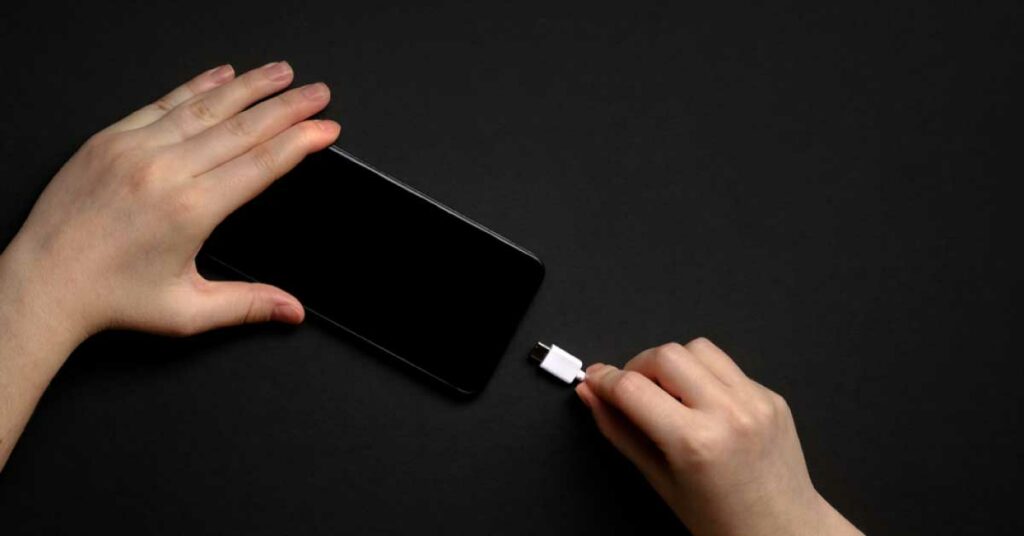The executive division of the European Union, the European Commission, has decided to mandate a common USB-C type charging port for all electronic devices. The executive branch has declared this strategy for the reduction of electronic waste generation. This proposal is predicted to have the biggest influence on Apple, which constantly produces the Lightning connector over the USB-C connector for all its electronic devices. With EU’s new regulations, consumers will be allowed to reuse the existing chargers and cables when they purchase new devices; thus, keeping e-waste at a bare minimum.
The EU regulations will also apply to electronic devices like headphones, portable speakers, tablets, videogame consoles, and cameras. Producers are expected to make their fast-charging standards etched with top-notch interoperability and are expected to deliver essential information about the charging standards of their respective devices. Under the new EU proposal, consumers will be allowed to purchase new electronic devices without a dedicated charger.
Thierry Breton, the EU commissioner, stated in a press conference that the EU tender is only applicable to devices that use wired (not wireless) chargers. Breton added that innovations related to wireless chargers are beaming with plenty of opportunities.
To emerge as a law, the proposal will have to pass a majority vote in the European Parliament. When adopted, producers will have 2 years to initiate operations according to the new regulations. The parliament has already shown approval towards the proposal of a common charger in the dawn of 2020. Hence, the current proposal is predicted to have a wider base of support.
Executive Vice President of the European Commission, Margrethe Vestager, stated that consumers in the European geography were agitated about incompatible charging items accumulating in their houses. The industry was given ample time to solve this issue, and the legislative action is now taking shape for the same reason, Vestager said.
Apple will face the biggest impact of the EU Commission’s regulations to adopt a USB-C port
Apple is constantly shipping phones with a Lightning connector, divergent from the universal USB-C type port. In 2018, around 29% of electronic chargers sold in the European Union utilized the USB-C type port, and 21% used Apple’s Lighting connector. Almost half the population used the ancient Micro USB port, according to an EU valuation reported by Reuters. Since then, these proportions have been shifted significantly as the masses started using the USB-C port in lieu of the Micro USB across all electronic devices, excluding the low range Android phones.
Exertions to make smartphone manufacturers utilize a uniform charging standard in the European Union can be dated back to 2009. At that time, Samsung, Huawei, Nokia, and Apple authenticated a voluntary agreement to utilize a uniform standard. In the years to come, manufacturers started to adopt the Micro USB and eventually, the USB-C type port.
Apple was the most prominent detached manufacturer who never included the Micro USB port in its phones. Instead, the manufacturer presented a Micro USB to 30-pin adapter.
A spokesperson from Apple stated that the company was concerned that the mandatory regulation of the EU Commission asphyxiates innovation instead of inspiring it. The company stated that this move would affect consumers in Europe and across the globe. The company has objected to this proposal as the risk of creating e-waste is still prevalent as consumers discard their existing Lightning connectors to replace them with new USB-C ports.
Despite the continual use of the Lightning connector, Apple has worked hard to diminish its e-waste generation. In 2020, the company terminated the shipping of charging earbuds in the new iPhone boxes. The products were only supplied with a dedicated Lightning to USB-C cable. This move was received with a mixed reaction, where some debated that it aided in Apple’s goals over the well-being of the environment.
